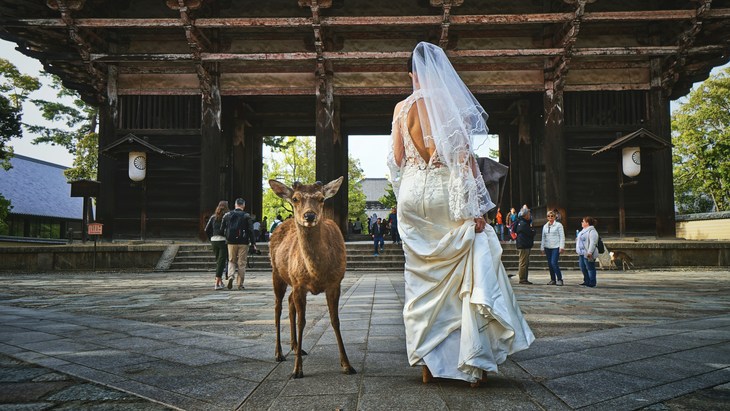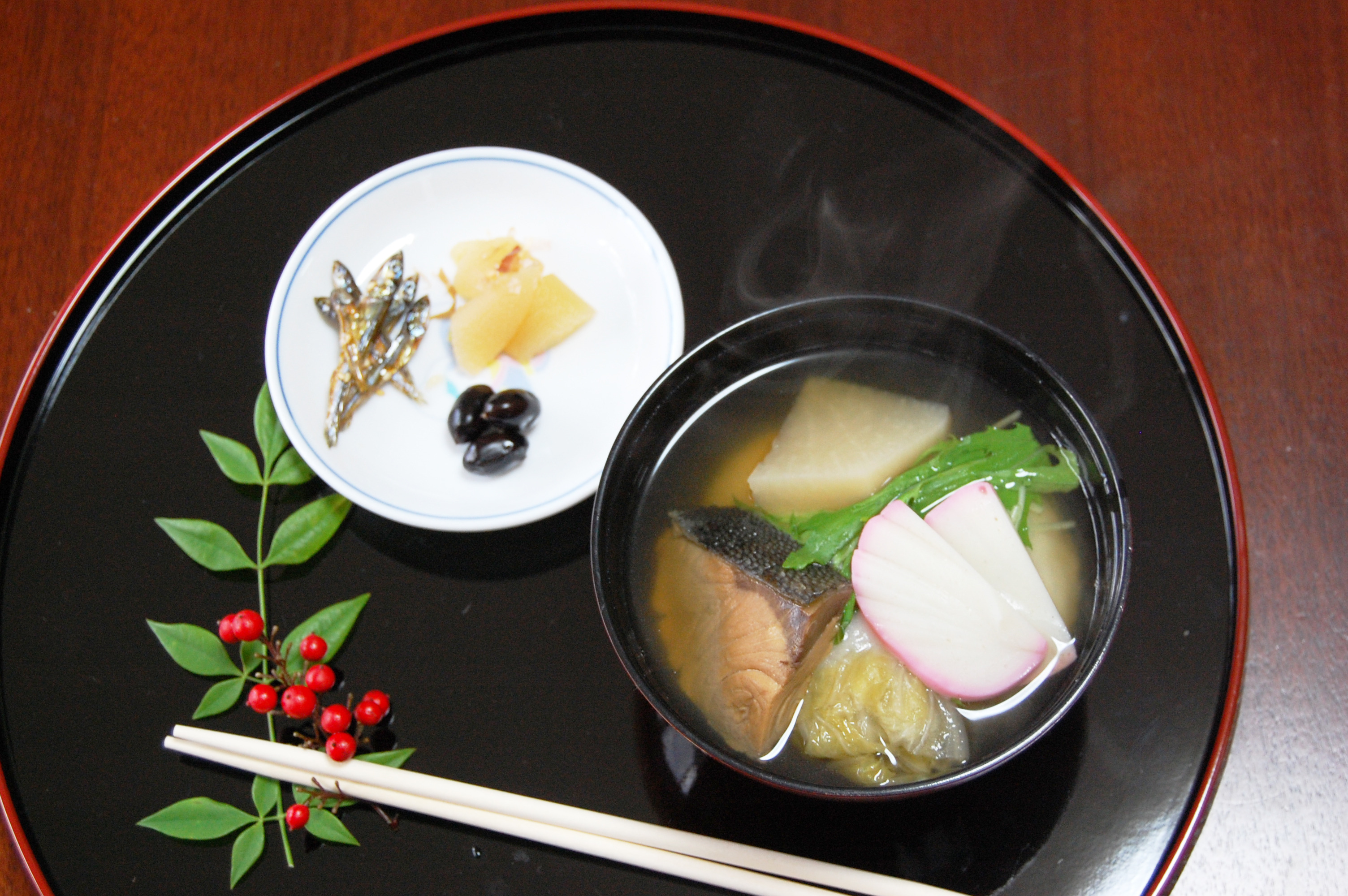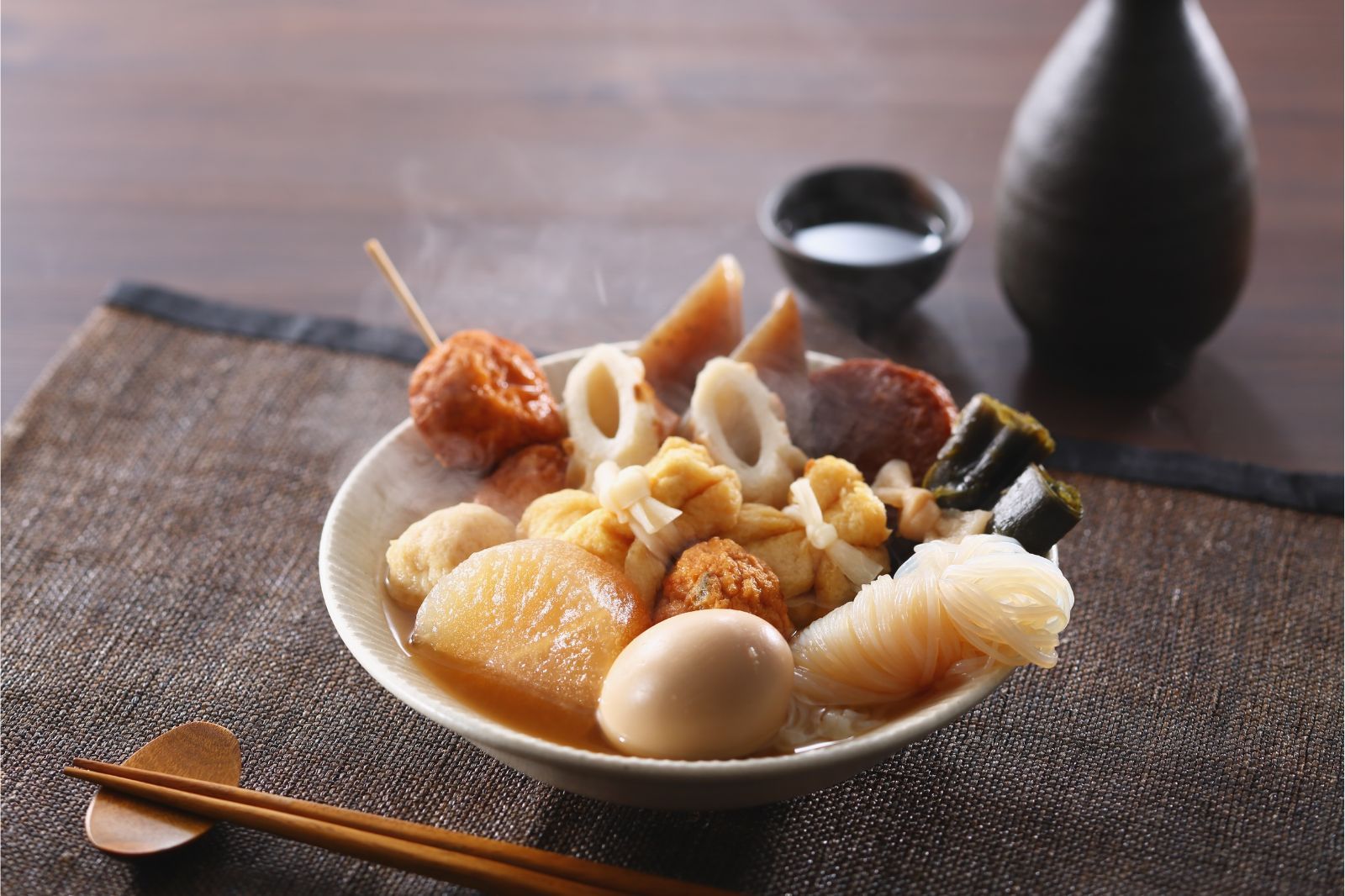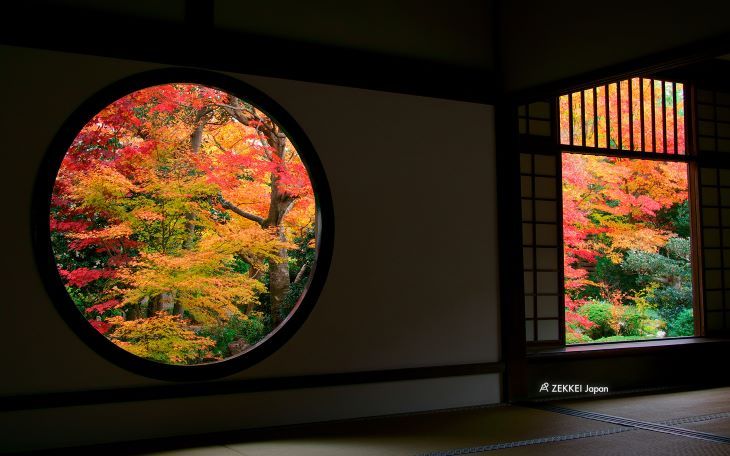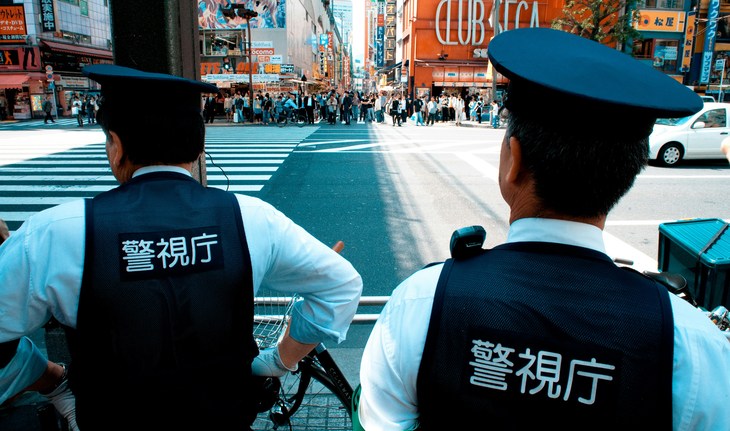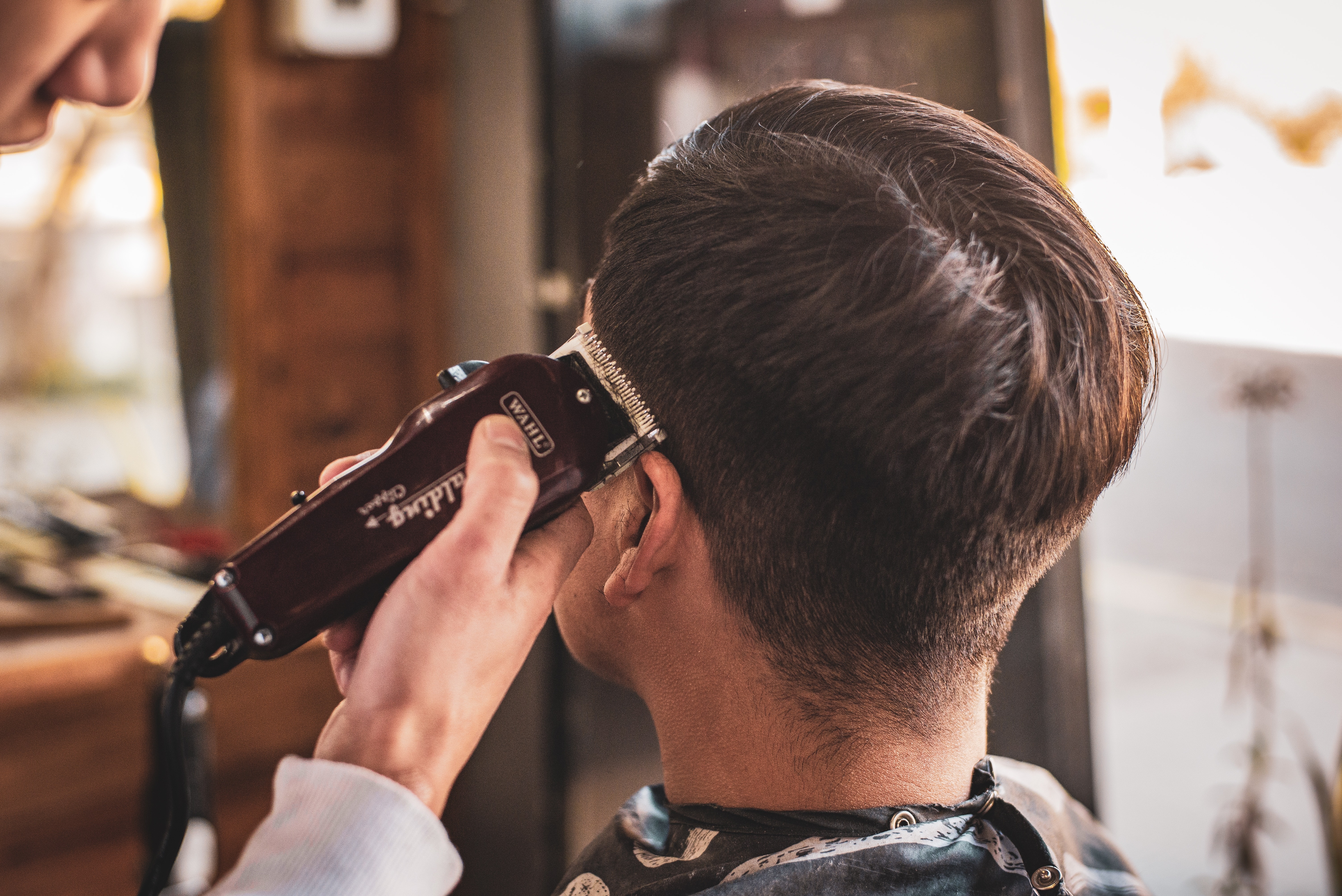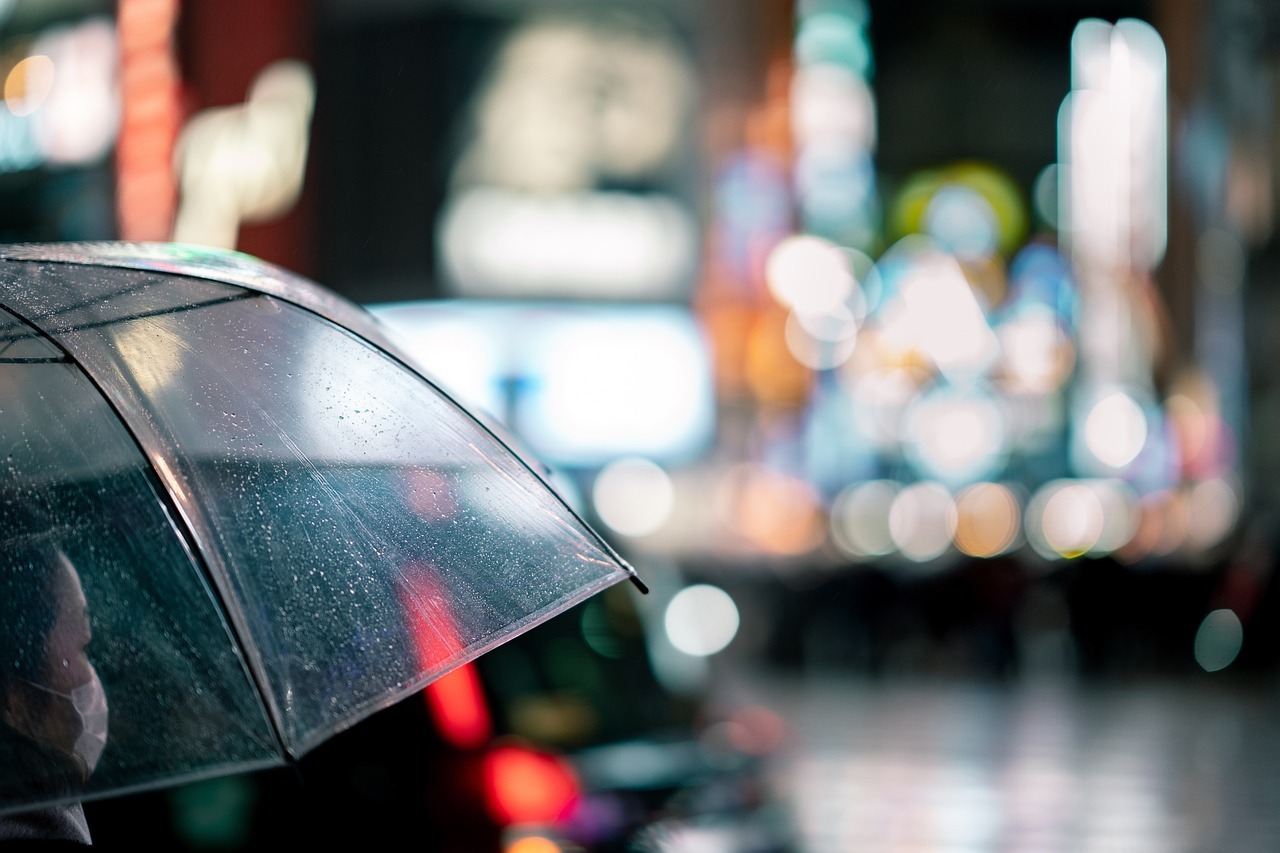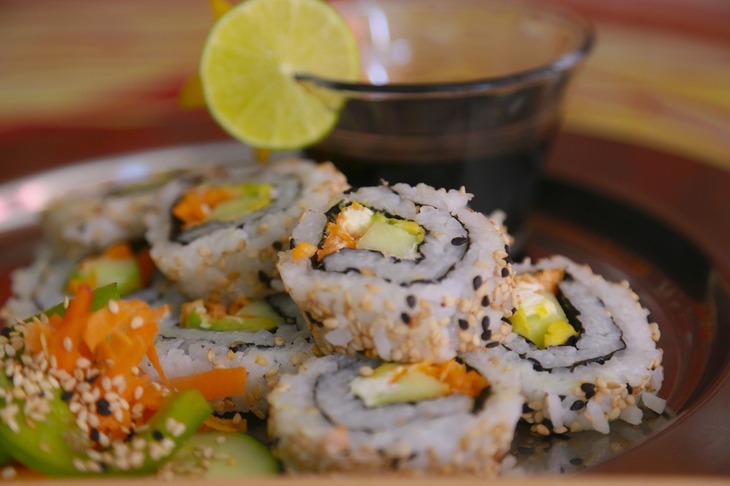Attending Events in Japan? Here's the Etiquette You Need to Know
If you live in Japan long-term, you will likely find yourself attending events. Some of these will be fun, upbeat events, like weddings or welcome parties for new employees. Some will be more somber occasions, like funerals.
Etiquette at these events may be different from what you would expect in your home country, so let's take a look at how to behave at these kinds of events in Japan.
Etiquette at Welcome Parties
Welcome parties (known as kangeikai in Japanese) are often held in Japan, especially when new employees start working at a company. If you attend a welcome party, and especially if the party is to welcome you, here is some etiquette you should know.
Dress Appropriately: Opt for business casual unless otherwise specified. Men should think about wearing a button-down shirt and trousers, while women could wear a conservative dress or blouse and skirt. Make sure whatever outfit you choose is neat and professional.
Arrive on Time: In Japan, "on time" usually means at least ten to fifteen minutes early. Being punctual shows respect for the organizers and other attendees and gives you a chance to settle in.
Prepare a Self-introduction: You may be asked to introduce yourself. Keep it brief, focus on your professional background (along with a few personal details about yourself), and be sure to express your enthusiasm about joining the team.
Be Careful with Alcohol: If alcohol is served (it often is), drink in moderation. Remember that while these parties are social, they are also professional events with coworkers and bosses. Wait for a toast (kanpai!) before drinking, and don't go crazy.
Be Attentive and Engage: Listen closely to whoever you speak to, and try to remember names and positions. Engaging in conversations shows your interest in your colleagues and helps build early relationships, which will hopefully help you in your career long-term. If you come to work the next day and are able to greet coworkers by name, it will be a great start to your time at that job.
Express Gratitude: Make sure you thank the organizers and any senior staff at the end of the event. It's the polite thing to do and will make you look good to your superiors.
Etiquette at Weddings
Wedding etiquette in Japan may be quite different from what you are used to in your home country, especially if you attend a Shinto-style wedding. Here is a quick overview of some things to keep in mind if you are attending a wedding.
RSVP Early: If you receive an invitation in the mail, respond quickly! Like in many other countries, knowing how many guests will attend is an important part of wedding planning.
Dress Appropriately: What is "appropriate" depends on the style of the wedding. For a Shinto wedding, conservative, dark suits for men and simple, knee-length dresses in conservative colors for women are most common. For Western-style weddings, you can usually be more liberal with your color and design choices, but try not to show too much skin. You should never wear a black tie to a wedding. It is also completely okay to wear a kimono for either style of wedding.
Give a Gift: Generally, cash gifts are given at Japanese weddings. The amount varies depending on your relationship to the bride and groomーclose family and friends tend to give more, while acquaintances generally give at least 30,000 yen. Make sure to give brand-new bills (you will need to go to a bank and ask for these) and make sure the amount you give does not begin with a multiple of two.
It should go without saying, but make sure to arrive early as well.
There is a lot more to know about wedding etiquette, so we've written a whole article covering everything you need to know about attending a wedding in Japan.
Click here to check out our article that goes into much more detail about Japanese weddings.
Etiquette at Funerals
Funerals are somber events in Japan, similar to many other countries. In the unfortunate event you need to attend a funeral, here is some etiquette you should know.
Wear Black: If you are a man, it is generally best to wear a black suit, white dress shirt, and black tie to a funeral. Shoes and socks should also be black or dark-colored. If you are a woman, wear a conservative black dress or black suit.
Keep Accessories & Makeup to a Minimum: Any accessories you do bring with you, like handkerchiefs or umbrellas, should ideally be black, but other subdued colors are acceptable. Don't wear jewelry, though pearl necklaces and wedding rings are acceptable. While women should wear makeup, the makeup should be kept simple, and anything that sparkles or is a bright color should be avoided. This applies to nail color as well. Don't wear perfume, and keep your hair in a bun if it is long.
Prepare Condolence Money: This is a traditional gift given to the bereaved family at a funeral. Unlike at weddings, it should not consist of new bills. That being said, make sure the bills aren't horribly crumpled up, as that would also look bad. How much you should give depends on your relationship to the deceased and their family.
Bring Rosary Beads: If you have your rose beads, bring them with you to hold when praying for the deceased. But if you don't have your own, don't worry! It is fine to show up without them.
How to decide how much condolence money to give, and how this money should be given, is a bit complicated. Knowing what to wear can also be tricky. That's why we have written a whole article all about funeral etiquette in Japan.
Click here to check it out.















